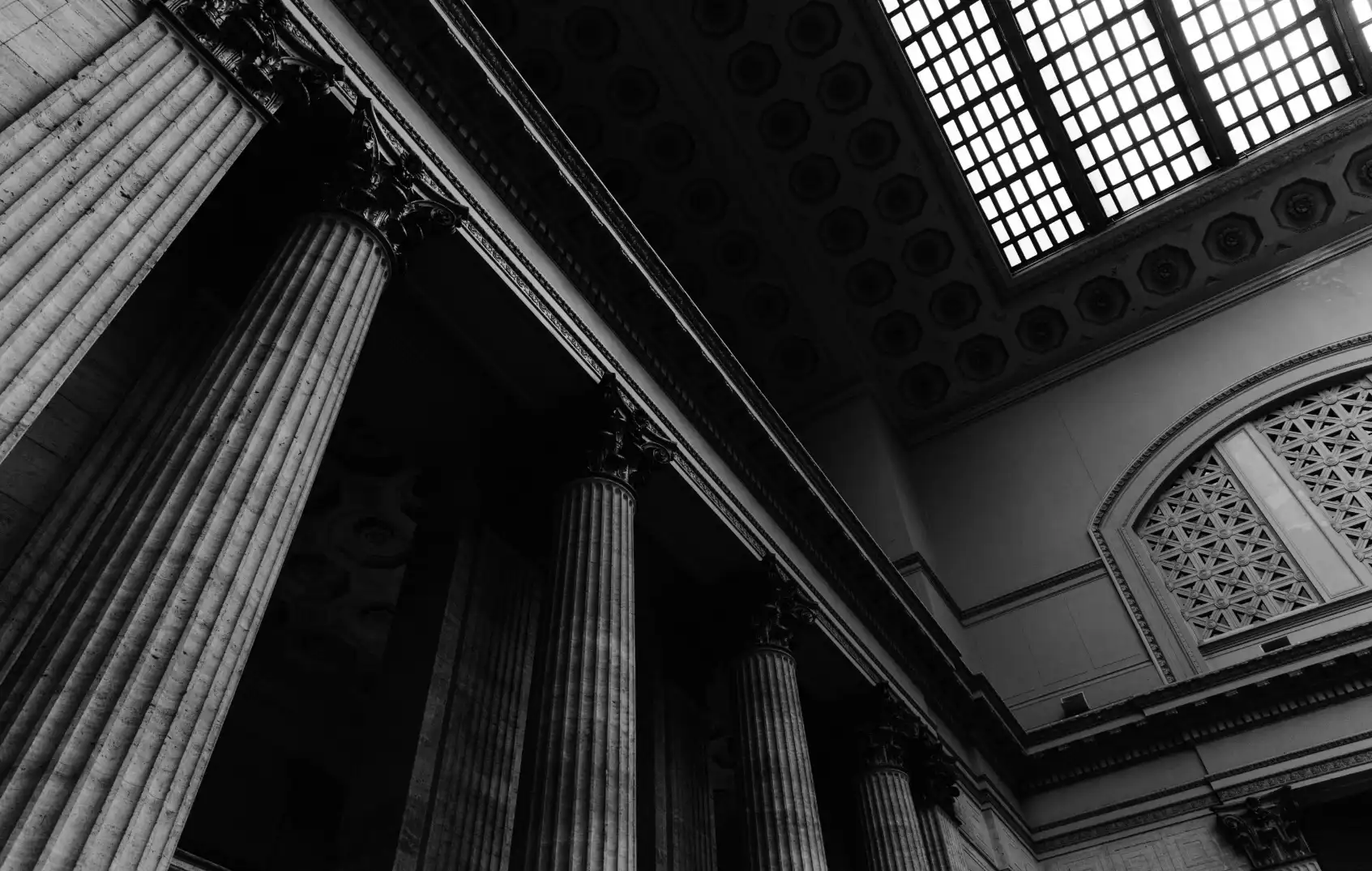The judicial system of Kuwait functions in conformity with Law No 23/1980 for regularization of the judiciary. It claims its origin from the Amiri Decree No 90 of 1959, which is established on two cardinal principles which are the confirmation of the authority of courts over all civil, commercial, and administrative disputes arising in the country and equality before the law. The second principle is that at all times the supremacy of the State shall not be compromised.
The issues are classified into Civil, Commercial, and Criminal categories. The Penal Code governs the general provisions applicable to crimes, penalties, and culpable acts. Corporate and Commercial Laws are applicable for commercial disputes which in sequence will be interpreted according to the Code of Civil and Commercial Procedures, the Law of Evidence, and the Law of Criminal Procedures besides the underlying laws. The concept of precedent is not generally followed as a mode of practice yet decisions of higher courts are respected.
The court structure is categorized in hierarchical order. The Courts of First Instance, The Courts of Appeal, and the Constitutional Court are the three levels. The Courts of First Instance (“Kulya Court’) which handles civil, commercial, personal status, and penal matters is the lowest court in this hierarchy. Judgments from the court of the first instance are exposed to appeal before the Court of Appeal. The Courts of Appeal, which has a panel of three judges, handing down semi-final rulings. The Court of Cassation, incorporated into the system in 1990, is the apex court in the hierarchy and renders final rulings.
The Constitutional Court was established by Law No. 14 of 1973, which holds the exclusive authority to interpret the constitutionality of legislation and is authorized to evaluate election procedures. The Court comprises five members who will be chosen by the Judicial Council through a secret ballot and one of the members will be appointed by decree. A significant guide to the judiciary in rendering opinions about legislation is the Explanatory Note stating the legislative intentions of the legislature which usually as a rule accompany all legislative acts.
The Legal profession is governed by Law No. 42 of 1964. Judges are appointed by the Amiri decree and are not supposed to hold any other profession after the appointment. The impeachment of a judge is to be instigated by The Judicial Counsel, and the Judiciary Disciplinary Council takes the disciplinary action.
The system of the State of Kuwait is based on the separation of powers. Article 50 of the Constitution provides that “The Government works based on the principle of separation of powers enriching each other under the provisions of the Constitution”.
The Court of Appeal publishes a magazine ‘The Judiciary and Law’ which provides information on recent judgments of the Court of Cassation. The Ministry of Justice publishes a magazine which details new legislation, gives information about the recent developments in law, as well as reviews on recent judgments. The Lawyer magazine of the Kuwaiti society of Lawyers concentrates more on research topics, and the Magazine of the law center gives information on Islamic law.







